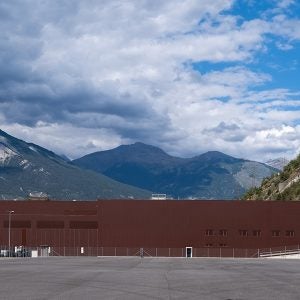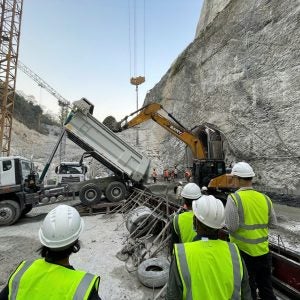The World Bank and the European Space Agency (ESA) have announced that they will collaborate in using space-based Earth Observation – data and images provided by satellites – to reduce poverty, monitor environmental changes, and stimulate economic growth in developing countries. The two organisations signed a Memorandum of Intent (MOI) during the climate talks, COP21, taking place in Paris.
"New innovations of Earth Observation Technology will provide an invaluable source of data to monitoring newly-approved Sustainable Development Goals in areas such as disaster risk resilience, urbanisation, food security, greenhouse gases emissions, and forest inventories, among many others," says Laura Tuck, World Bank Vice President for Sustainable Development.
The World Bank and ESA have been successfully collaborating since 2008, jointly implementing over 35 technical assistance projects that have provided specialised mapping and monitoring tools in over 20 different countries.
The new MOI expands the partnership to explore on a larger scale how satellite information can be integrated and mainstreamed into the projects and research of the World Bank. This expanded collaboration will focus on ten areas: water, agriculture, urban growth, oceans, disaster risk management, energy and extractives, forests, fragile states, and climate.
"This collaboration with the World Bank opens a new user community for the geo-spatial information our satellites are delivering from space," says ESA’s Director of Earth Observation Programmes, Volker Liebig. "It will also support the development of investment projects to boost prosperity and inclusive growth."






